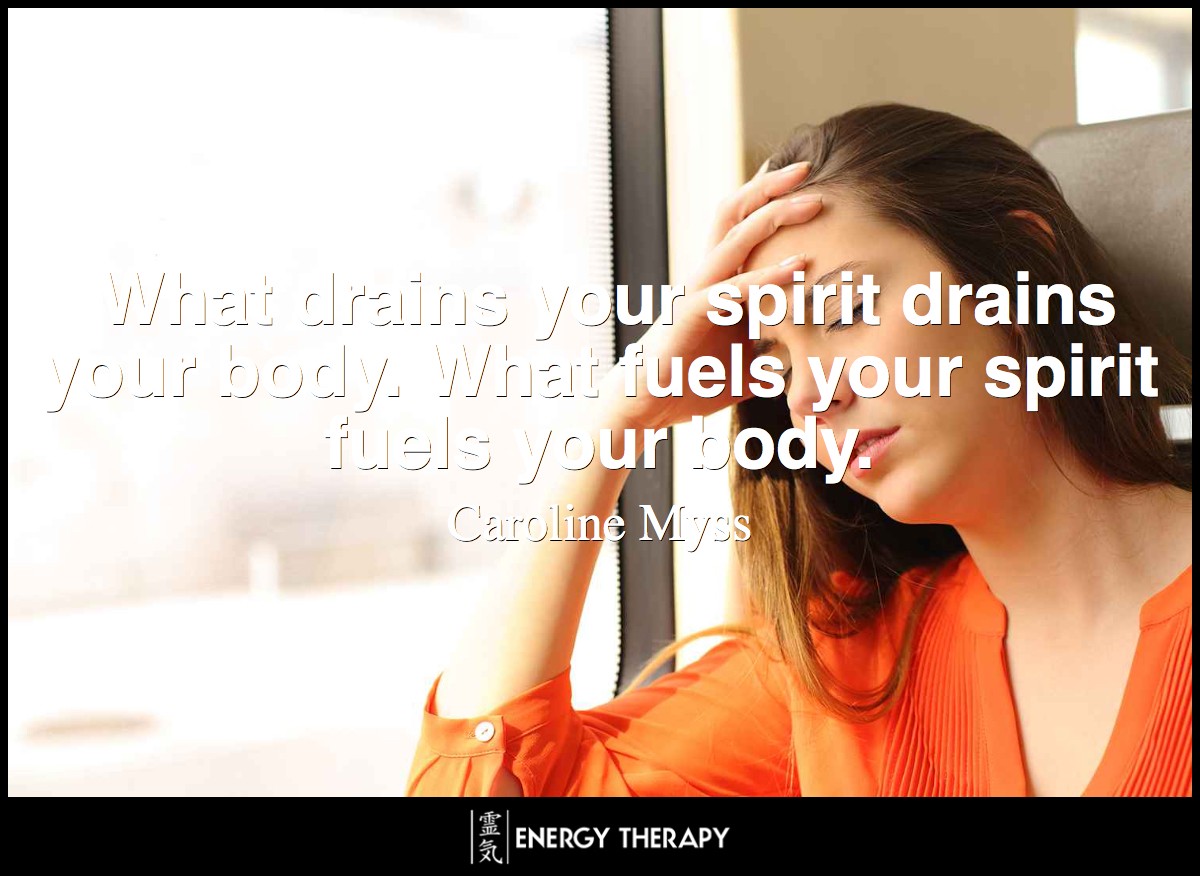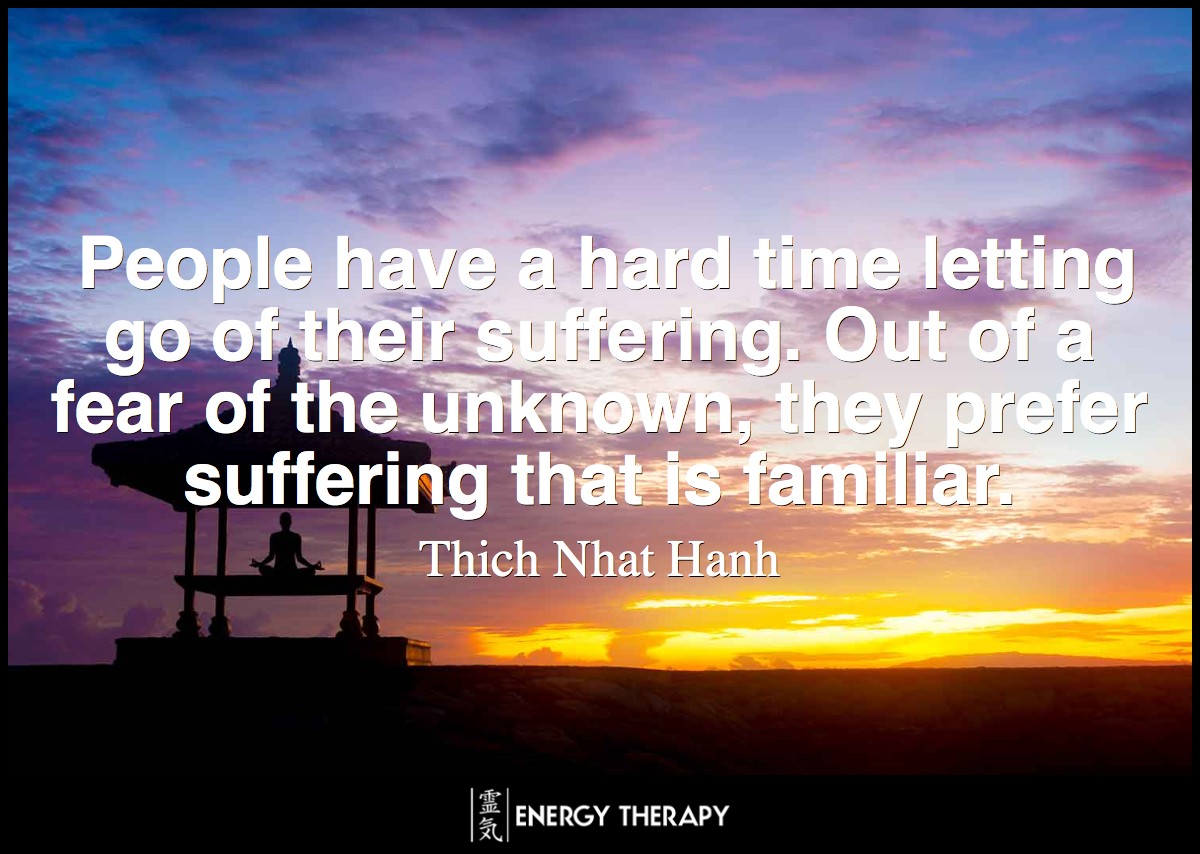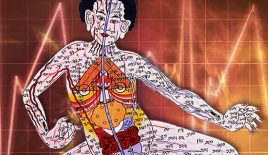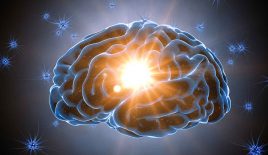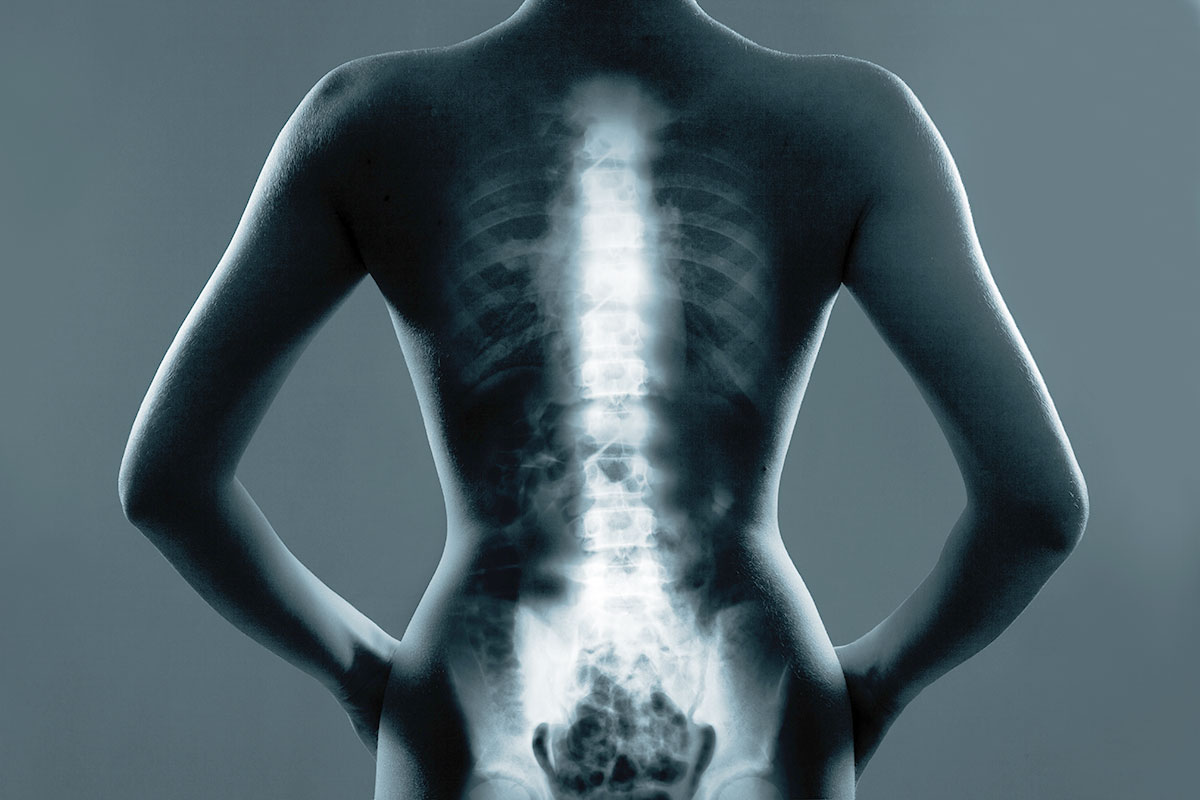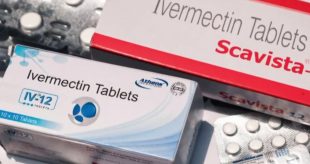Five Mood Boosting Secrets You Need To Know About!
Your mood has as much to do with what you eat as what you think. That’s because the brain is totally dependent of key mood-boosting nutrients.
In a study at Oxford University, where 15 women were given food lacking the essential mood-boosting nutrient, tryptophan, ten started feeling more depressed within 7 hours.
Here are the five key nutrients you need to feel good every day!
The Chromium Factor
If you feel like you never get enough sleep, often feel sleepy in the day, crave carbohydrates and sweet foods, and often feel very moody and sensitive you might have what’s called ‘ atypical depression’.
One of Americas’ top professors of psychotherapy, Malcolm MacLeod, discovered something unexpected that turned his patients around. It was an inexpensive chromium supplement.
Chromium is an essential mineral that helps stabilise blood sugar. It comes in 200mcg. Taking two, thats 400mcg, in the morning, and one at lunch has proven, in a double blind study to relieve ‘atypical’ depression in days. Of course, we need and welcome more research but chromium can work that fast if it’s your missing factor. It has no side-effects so why not try it? Chromium is in whole foods and lost in the refining process. So, stay away from the white stuff, especially sugar.
Why essential fats are essential
Extraordinary as it may sound, you can actually predict a country’s murder rate, as well as its depression and suicide rate simply by knowing its seafood intake. That’s what Commander Joe Hibbeln, chief psychiatrist for the US navy, discovered when he pooled the data from numerous countries. Fish, especially oily fish such as salmon and mackerel, is very high in omega 3 fats. These help boost serotonin, that’s the brain’s feel good chemical.
According to Dr Joseph Hibbeln, ‘It’s like building more serotonin factories, instead of just increasing the efficiency of the serotonin you have.’ A recent survey in Norway found the same thing. Those who consumed cod liver oil, another rich source of omega-3, had the lowest incidence of depression, and the longer a person had been taking it the less likely they were to be depressed.
The most comprehensive review and meta-analysis of 19 trials on patients with mild and major depression ‘concludes that ‘the use of omega-3 fats is effective’ both in patients with major depressive disorder and milder depression’. (Grosso, PLoSOne, 2014) Most effective studies give 1,000mg of EPA. Lowest effect occurs with 300mg combined EPA/DHA. Most studies on antidepressant drugs report something like a 15 per cent reduction in depression ratings. Three studies on omega-3s reported an average reduction of 50 per cent – and that’s without side effects.
One of the first placebo-controlled trials, by Dr Andrew Stoll from Harvard Medical School, gave 40 depressed patients either omega-3 supplements or a placebo and found a highly significant improvement in the patients on supplements. In the next study, 20 people suffering from severe depression, who were already taking antidepressants but were still depressed, were given either a highly concentrated form of omega-3 factor a placebo. By the third week the depressed patients an EPA rich fish oil supplement were showing major improvement in their mood, whereas those on placebo were not. So you don’t have to wait long for a result. EPA, by the way, is the kind of omega 3 fat that’s helps boost mood the best. That’s secret number 4, supplementing an EPA rich fish oil supplement. We recommend eating oily fish three times a week.
Amazing aminos
Most anti-depressant drugs are said to work because they boost serotonin, the brain’s happy chemical. They do this, not by helping your brain to make more, but stopping it from breaking it down. If you think about it there are three questions you want to ask: am I low in serotonin? If so, why? And what can I do to boost my serotonin level naturally?
The most direct way to raise a low serotonin level is to supplement the amino acid, called 5-hydroxytryptophan, from which it is made. The first study proving the mood-boosting power of 5-HTP was carried out in the 1970s in Japan, under the direction of Professor Isamu Sano of the Osaka University Medical School. He gave 107 patients 50–300mg of 5-HTP per day, and within two weeks, more than half experienced improvements in their symptoms. By the end of the four weeks of the study, nearly three-quarters of the patients reported either complete relief or significant improvement, with no side effects.
Since then many studies have proven 5-HTP to be more effective than SSRI anti-depressants in the prozac generation. There have been 27 studies to date showing positive results. It also helps you get a good night’s sleep. But not everyone benefits because not everyone is low in serotonin. But, if you are, 5-HTP can be very helpful.
Holly is a case in point. She felt that her anxiety, depression and indecision were ruining her life. She constantly felt stressed, had frequent mood swings, she would cry for no reason and was finding it hard to think straight. When we tested her at the Brain Bio Centre, her serotonin levels were rock bottom. She was also very low in magnesium, which is one of the essential minerals needed to make serotonin, as well as being vital for good sleep. She was recommended a supplement programme to increase her serotonin, including 5-HTP, B vitamins and magnesium. Very quickly Holly began to feel much better. She started sleeping well, her anxiety reduced and her mood lifted. Her serotonin level normalized and she was amazed at the reduction in anxiety and said it had made a substantial difference and that she felt much more balanced and could see the positive outlook, rather than the negative.
There are other amino acids that can make a big difference to your mood including phenylalanine and tyrosine, from which we make the neurtransmitter noradrenalin, vital for motivation and drive.
Get yourself connected with B vitamins
The brain’s feel good neurotransmitters are made from amino acids, and how essential fats make
more receptors for these feel good chemicals, but how does the brain turn the food you eat into neurotransmitters? That conversion process is dependent on B vitamins. Most important are vitamin B6, B12 and folic acid. Giving more of these B vitamins often makes you feel more ‘connected’.
In one study, depressed people were either given an SSRI antidepressant with folic acid or the SSRI with a placebo. Nine out of ten of the women taking the SSRI with folic acid had at least a halving in their depression rating.
In older people the most common missing B vitamin is B12. That’s because the older you get the less well you absorb it. In truth, it is wise to supplement extra, certainly once you’re over 50. As well as improving your mood, it stops your brain shrinking.
But, how do you know whether you need more B vitamins? The best test is something called homocysteine. If your blood homocysteine level, which can be tested on a home test kit, is high, you need more B vitamins. The combination of zinc with TMG (tri-methyl-glycine) also helps lower homocysteine and balance your mood.
Amanda-Jane is a case in point. She was suffering with chronic fatigue and low mood, so she decided to check her homocysteine level. She was shocked when she found her H score was 26 units (your level should be below 7).
She followed the diet and supplements I recommend in the book and, almost immediately her sleep improved,and within four weeks she had much more energy. Two months later she re-tested her homocysteine level and found it had dropped to 9units. That’s a 64 per cent decrease. Here’s what she said:‘I feel much better. My mood is very positive– no panic or depression. I feel buoyant, energetic and enthusiastic. I’m sleeping much better and my PMS has disappeared.
Vitamin D – The Sunshine Factor
From an evolutionary point of view we are designed to be naked, living outdoors and a lot further South that Europe. In the winter it’s hard to make enough vitamin D, which is made in the skin with direct sun exposure. You don’t make it through glass. The lower your vitamin D level the more depressed you are likely to feel. That’s what researcher at the University of Tromso in Norway found on testing 441 volunteers who were then given a test for depression and also a test for blood levels of vitamin D. The volunteers were then given Vitamin D supplements or placebo.
Tested one year on, those given vitamin D, but not those given the placebos, had lowered their depression ratings substantially. However, you don’t have to wait for a year to get a lift in mood. A study in Australia found that those given vitamin D supplements had an improvement in mood in only five days.
Daryl, a patient at the Brain Bio Centre, is a case in point. He found that, particularly during the winter, he felt very low, irritable and angry, and was suffering from what he described as ‘brain fog’. His blood tests showed verylevels of both vitamin D and essential fats. We gave him supplements, and recommended eating more oily fish. He quickly noticed what he described as a ‘massive improvement’ in his symptoms. He was no longer waking with headaches for the first time in six years, instead feeling thoroughly refreshed.
For further information read The Feel Good Factor which contains all the references to the studies mentioned here.
Enjoyed this article and want to know more? Here are some easy steps you can take right now…
- Book a life changing “remote healing session” with Soul Guidance with Jaime: https://www.energytherapy.biz/energy-healing-with-jaime-tanna/
- Join Jaime’s fantastic 1 year Energy Coaching Program: Total Frequency Shift — Discover Radiant Health & Freedom
- Sign up for Jaime’s exciting new substack at https://energytherapy.substack.com/https://energytherapy.substack.com/


















